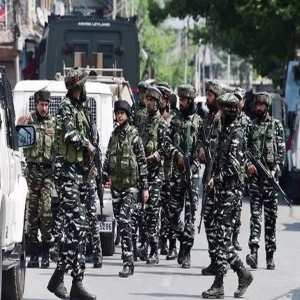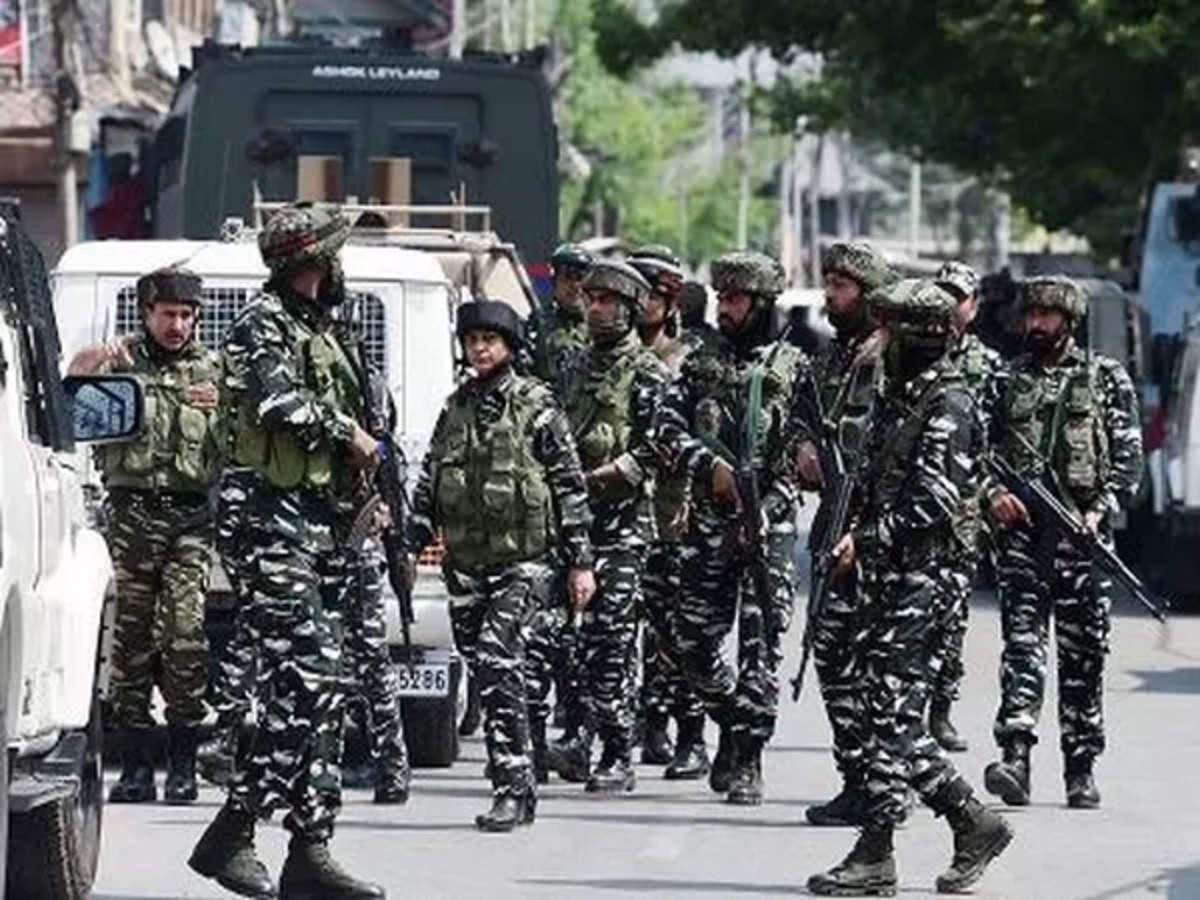
.jpg) George Plathottam
George Plathottam

Friends, brothers and sisters, fellow countrymen and women, weep for Manipur if you still have tears. This beautiful state of the Northeast, known as the land of gems, has gone through its worst patch of history. Two precious jewels from Manipur's crown - the beautiful Meitei community and the Zo-Kuki - have been pitted against each other in a tragedy that has gone on for more than two years.
We have witnessed with deep sorrow the loss of hundreds of lives and the wanton destruction of homes, churches and other properties. Who has the final count of these? Whoever gained, who lost? Who will now rebuild the trust and bring Manipur back to normalcy and peace? There are more questions than answers. There is much work on our hands.
From all accounts, what has happened in Manipur may be described as essentially a man-made tragedy. It was absolutely avoidable. If there was some modicum of faithfulness to the oath of office taken by those who ruled the state and those who controlled and presided over the unfolding of the sad events, we would have seen better days. But things were allowed to spin out of control with a great degree of complicity and some degree of immunity.
The writing on the wall was clear from the start, but there was little effort to stem the ferocity of the conflict. Nearly two years of mindless violence and inter-community clashes, which began in May 2023, have claimed hundreds of lives and displaced thousands of people, their homes destroyed; many churches and temples and public property were vandalised and razed to the ground. Manipur also saw unprecedented acts of plundering by the militants and huge quantities of arms and ammunition from the police and armed forces.
The nation has witnessed how Manipur has spun out of control. N Biren Singh, the recently resigned chief minister under whose watch these events unfolded, has finally been made to submit his resignation. Ironically, along with the resignation, he gave salutary advice on what needed to be done. The list, no doubt, contains his own sins of omission. They are like prescriptions after the patient has died! They are more of an effort to wash clean the blood on his hand.
For the BJP, their poster boy in Manipur, who presided over the tragic events, has suddenly become a liability. He flew to New Delhi in a chartered plane to be served the final verdict. But the ruling BJP dispensation in Delhi, which has been calling the shots all this while, was now compelled to make him quit. But all attempts to cobble up support and put up another candidate under the interlocutor and BJP's Manipur in charge, Sambat Patra, failed. The party was left in a catch-22 situation.
Gloating over the recent Delhi election victory, the ruling dispersion completely swallowed the bitter pill of Manipur. Despite persistent requests from the Opposition, the globe-trotting Prime Minister closed his eyes and ears to the cry of the people of Manipur. He carefully avoided the issue in his scripted speeches. Never once did he visit the state ever since the violone broke out. Removing Biren Singh is too little too late.
The Nationalist People's Party, an NDA ally, and other friends had seen the omens and started deserting the coalition in Manipur. Making Biren Singh resign was like bolting the stable after the horses had escaped. The party developed cold feet with the threats of a no-confidence motion and a premonition of defeat on the assembly floor. All attempts to find a replacement and hastily anoint him did not succeed. The next option was the President's rule, which has now been enacted in the state.
One needs to wait and watch how the BJP and their coalition partners prepare for the next assembly elections—whenever that may happen. What will happen to the Kuki-Zo MLAs at the hustings? They had continued to stay with the BJP, knowing their leader's complicity and ineptitude in the events that unfolded in the state well. Will they still pitch for the party that betrayed the trust of their people?
But beyond these questions, on which party leaders and political pundits may continue to speculate, what needs urgent attention is rebuilding peace and harmony in the state and bringing back the people living in relief camps within and outside the state. Involve the community leaders, the religious heads, and NGOs who enjoy the trust of the people in working together to build confidence. It has to be a work in progress, as peace has to be built brick by brick. Building confidence and winning the trust of people is not easy; it requires patience and perseverance.
While it is necessary to pin accountability and ensure legal action against those with proven crime records in this mayhem, the priority must be building peace and striving for reconciliation. In order for these efforts to bear fruit, one must set aside the blame game and stop going back to open up the wounds of the past. Doing so would only further cause hurt and delay in rebuilding peace in Manipur. While one may explore possibilities of greater autonomy in the administration of the areas inhabited by the hill tribes and the plains people, discussions on dividing Manipur should be set aside. A more balanced development of the hills and plains and a more equitable sharing of resources and opportunities for all are priorities that must be attended to.
The armed forces, which enjoy special powers, and the state police must work in tandem to ensure that innocent people are not harassed and that their lives are made difficult while they discharge their duties. The people of Manipur have suffered much under the draconian application of the Armed Forces Special Powers Act. The provisions of this Act, under the President's rule now, should be used with discretion and moderation and as a tool to give protection to the people rather than harass them. The Forces and the Police should be impartial and seen to be so by the people. There should be better coordination between these and the new governance mechanism under the Governor during the period of the President's rule. Greater confidence-building measures such as communication and community service would help bridge the gap.
In the past two years, the peace-loving, secular-minded minority in the rest of India has shown great solidarity with Manipur by welcoming children and displaced people. The contribution of Mizoram deserves special mention. Many institutions across the country opened their portals to welcome hundreds of students who fled the state in the aftermath of violence. Many were given preference in employment.
We owe them all a big salute. The state of Manipur may not have been on the map of the Prime Minister, who makes use of every opportunity to greet our nation's heroes in sports and other fields. The word 'Manipur' seldom appeared on his teleprompters. He did not seem to have had time or tears for Manipur. For all Indians and for so many others across the world who wish well for our country, Manipur's tragedy has been too painful.
The road to peace is long and tedious. One must not slacken in one's effort to see that the goal is pursued without prejudice, political colour, opportunism and short-term benefits. Every one of us has something to contribute to wipe a tear from the eyes of the beautiful people of Manipur.